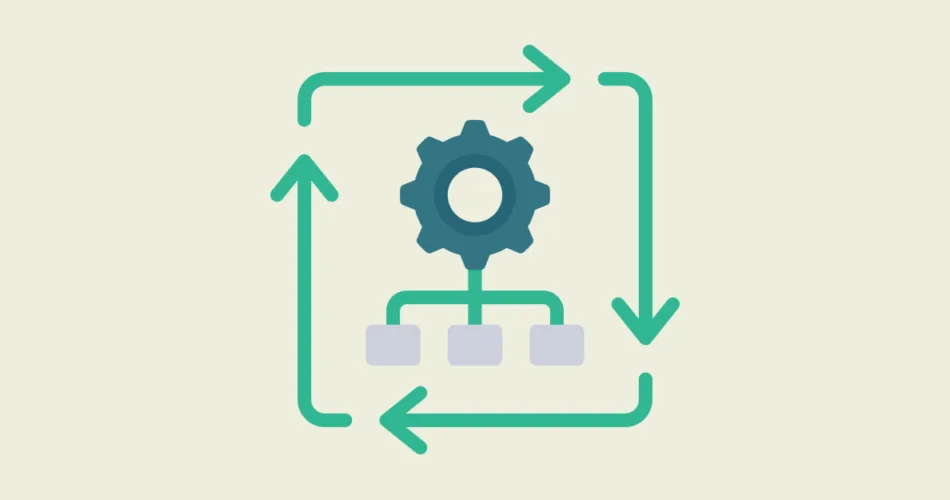Testing microservices and distributed systems presents unique challenges due to the decentralized nature of these architectures. In this article, we’ll delve into the complexities of testing such systems and explore strategies to address them. Let’s understand the challenges and how contract testing, along with consumer-driven contracts, can enhance the testing process.
Challenges in Testing Distributed Systems
Testing microservices and distributed systems comes with several challenges:
- Service Interactions: In a microservices architecture, numerous services interact with each other. Testing the interactions and ensuring they work as expected can be complex.
- Asynchronous Communication: Many distributed systems use asynchronous messaging. Testing message queues, event-driven behavior, and ensuring data consistency can be challenging.
- Latency and Network Issues: Distributed systems are prone to latency and network-related problems. Testing for various network conditions is essential.
- Scalability: Microservices should be scalable. Testing their ability to handle varying loads and auto-scaling is crucial.
Contract Testing and Consumer-Driven Contracts
Contract testing is a testing approach that focuses on the contracts or agreements between services. It verifies that each service in a distributed system complies with the contract defined by its consumers. Consumer-driven contracts are a specific form of contract testing where consumers define the contracts they expect from a service provider. Let’s explore how these concepts aid in testing:
Consumer-Driven Contracts (CDC):
In a microservices ecosystem, each service typically serves as both a consumer and a provider. Consumer-driven contracts allow service consumers to define the expected interactions they have with a service provider. These contracts specify the requests consumers make and the responses they expect.
For example, imagine a shopping cart service and a payment service. The shopping cart service, as a consumer, defines a contract stating that it will send a purchase request containing items and expects a payment confirmation in response.
Contract Verification:
Service providers are then responsible for ensuring they adhere to these contracts. They verify their services against the contracts provided by consumers. If any changes occur that violate the contract, it becomes evident during testing, preventing integration issues and ensuring backward compatibility.
Consumer-driven contracts eliminate the need for comprehensive end-to-end testing across all services for every change. Instead, testing focuses on individual interactions and their contracts.
Benefits of Contract Testing:
Contract testing, particularly the consumer-driven approach, offers several benefits:
- Early Issue Detection: Problems are identified early in the development cycle, reducing integration issues.
- Enhanced Collaboration: Service consumers and providers collaborate to define contracts, fostering communication.
- Increased Confidence: Teams gain confidence in making changes since contract tests act as safety nets.
When testing microservices and distributed systems, contract testing and consumer-driven contracts are invaluable tools for ensuring smooth interactions and preventing integration headaches.
Subscribe to our email newsletter to get the latest posts delivered right to your email.


Comments